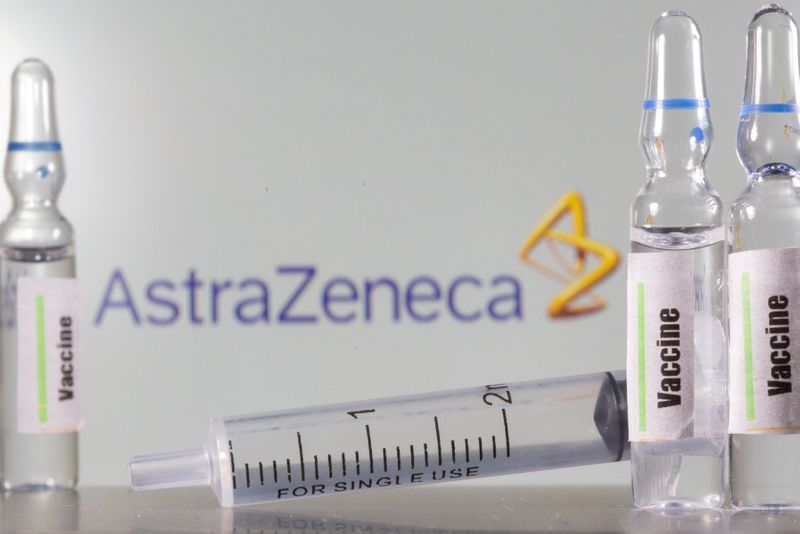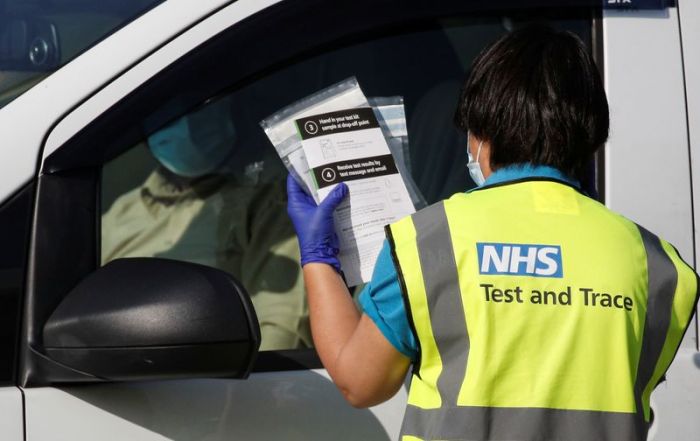(Reuters) – The European health regulator has started reviewing data on AstraZeneca and Oxford University’s potential COVID-19 vaccine in real time, the first of such moves aimed at speeding up any approval process in the region for a vaccine.
The European Medicines Agency (EMA) said on Thursday its human medicines committee is evaluating the first batch of non-clinical data on the vaccine from laboratory studies, and will continue to do so till sufficient data is available for a final decision. (https://bit.ly/36qyDZM)
The EMA uses “rolling reviews” to speed up evaluations of promising drugs or vaccines during a public health emergency, subverting the typical process by assessing data as it is submitted, rather than waiting for all data to be made available along with a formal application.
The healthcare regulator employed a similar real-time review of Gilead’s remdesivir as a treatment for COVID-19 earlier this year, and the antiviral treatment was given conditional approval for use just months later in July. The news of the European review also raises chances of the British vaccine becoming the first to be approved in Europe for the disease caused by the novel coronavirus which has killed more than a million people globally.
Called AZD1222 or ChAdOx1 nCoV-19, it is seen as leading the race for a successful vaccine against COVID-19. Other vaccine hopefuls in advanced stages include those from Pfizer, Moderna and Sinovac.
Thursday’s news also comes just weeks after several global trials of AZD1222 were halted due to an unexplained illness in a study participant. While most studies have resumed, U.S. trials are still on pause as regulators widened their probe, Reuters reported on Wednesday.
“This (review) does not mean that a conclusion can be reached yet on the vaccine’s safety and effectiveness, as much of the evidence is still to be submitted to the committee,” the EMA said.
Both Oxford and AstraZeneca welcomed the review, and the British drugmaker in a statement said it was committed to providing the EMA with all necessary data, including those on quality control.
Early-stage data in July showed the vaccine elicited immune responses in trials and produced no serious side effects, with the strongest responses seen in people who received two doses. Data on late-stage trials are expected soon.
The EMA would make final recommendations, once the review is completed, to the European Commission, which has the ultimate say over approvals. The commission typically follows EMA endorsements.
(Reporting by Pushkala Aripaka in Bengaluru; Additional reporting by Alistair Smout in London and Ludwig Burger in Frankfurt; editing by Patrick Graham, Shinjini Ganguli and Emelia Sithole-Matarise)























